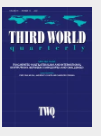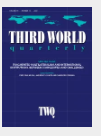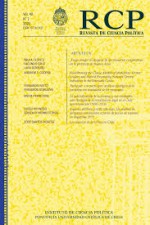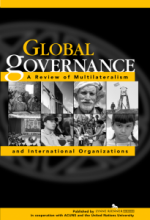Chinese Leadership in the Evolution of “Hub” and “Parallel” Globally Oriented Institutions
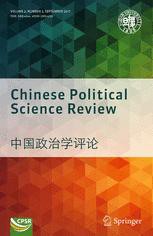
This paper examines the trajectory of Chinese leadership in globally oriented organizations of a self-selective informal nature. In doing so, it shifts attention away from the role of China in established formal institutions, above all the United Nations. The focus instead is on the increasingly robust activity centered post the 2008 global financial crisis on the “hub” forum the G20 and an array of “parallel” non-western institutions including the BRICS and the Belt and Road Initiative. The key theme of this paper is that China has adopted a dualistic strategy that allows it act as both a key insider and outsider in the global system. From an international perspective, such an approach allows China to gain status as a rising power while not compromising its sense of solidarity with the rest of the non-west. Domestically, the approach builds on lessons gained from the earlier debate about entry into the World Trade Organization which marked a sharp divide between liberals and nationalists. A dualistic approach that allowed China to be a core member of the hub G20 and a driver of autonomous initiatives defused the possibility of such a contentious internal debate.

